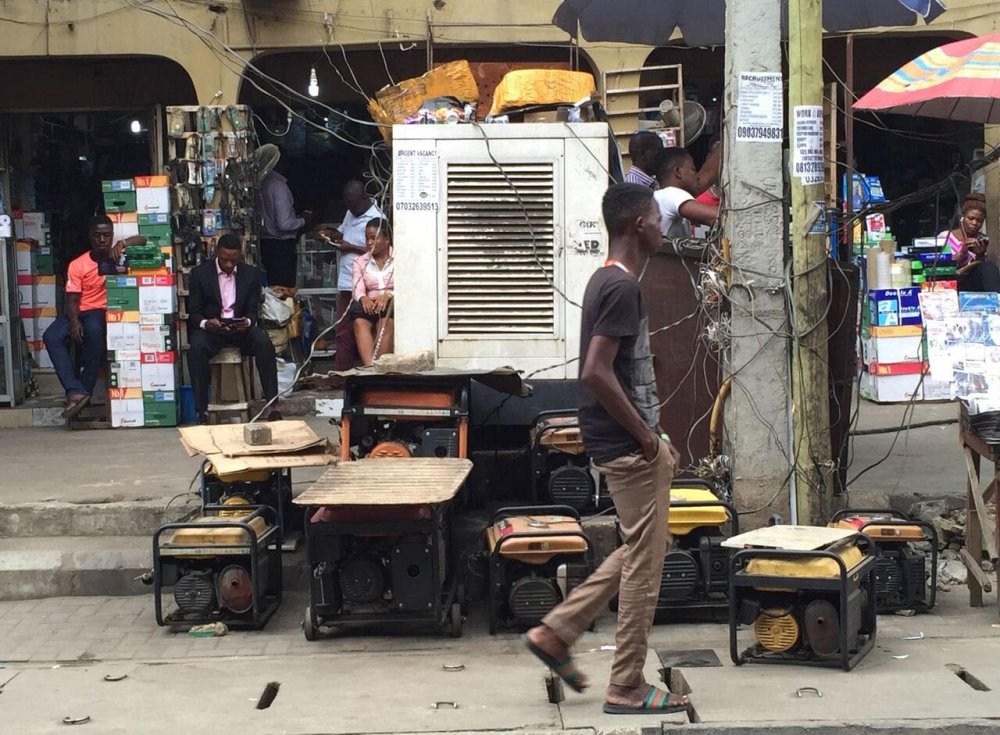Other Pages
- Opinion Poll
- About Us
- Send Your Story
- Contact Us
- Newsletter
- Privacy Policy
- Terms and Conditions

Nigerians should prepare to pay more for electricity next year as the Federal Government promised the International Monetary Fund (IMF) that it will increase the current tariff to a much higher level.
The Nigerian government made this promise in return for financial assistance from the IMF.
FG had approached the IMF for $3.4 billion emergency financial assistance as the country struggle financially to battle the coronavirus pandemic. In a letter stating FG's intention as regards the loan request, the government vowed that electricity tariff will reflect the cost from 2021, thereby, doubling the cost of electricity tariff which the Discos had planned to implement last month.
This was contained in a letter addressed to the IMF Managing Director, Kristalina Georgieva on April 23 by the Finance Minister, Zainab Ahmed and the Governor of Central Bank of Nigeria (CBN), Godwin Emefiele. In the document, FG made several promises, one of which is increasing electricity tariff.
“We are also advancing in our power sector reforms – with technical assistance and financial support from the World Bank – including through capping electricity tariff shortfalls this year to N380bn and moving to full cost-reflective tariffs in 2021,” the letter - seen by Allnews - to IMF chief disclosed.
How visible is the tariff increase?
The government had been stating that for Nigerians to enjoy stable electricity, there's a need for the cost of electricity to increase. The Minister of Power, Sale Mamman, had previously stated that considering the cost of generating energy, a hike in electricity tariff was inevitable.
This is one of the ways the Nigerian government is repositioning the country's economy to increase revenue generation and unlock revenue sources. In January 4, 2020, an increase in electricity tariff had been approved by the Nigerian Electricity Regulatory Commission (NERC) for 11 Discos. Residential customers of Abuja Electricity Distribution Company in R3 category who were paying N27.20 per unit saw their fee increased to N47.09.
Also, Ikeja Electricity Distribution Company customers on the R3 category were directed to start paying N36.92 per unit from the initial N26.50 per unit, while residential (R3) customers who were paying N27.11 per unit in 2015 to Enugu Electricity Distribution Company were informed that their electricity cost has increased to N48.12 per unit. The tariff was expected to be effective in April 2020, but it was kicked against by Nigerians, and lawmakers directed Discos to abandon the plan.
If the NERC-tariff review could increase almost double of the electricity cost and led to an outtrage among Nigerians, it's highly unlikely the 'full cost-reflective tariffs' planned for 2021 be embraced without another outtrage considering businesses will just be finding their feet due to the impact of COVID-19 pandemic on their revenue this year.
Businesses, especially small businesses and self-employed individuals, have been at the receiving end of the coronavirus outbreak. And with most having to depend on generators to power their businesses, increasing tariff to reflect total cost of generating energy, without experiencing the improvement in electricity yet, will be a tough sell.
0 Comment(s)